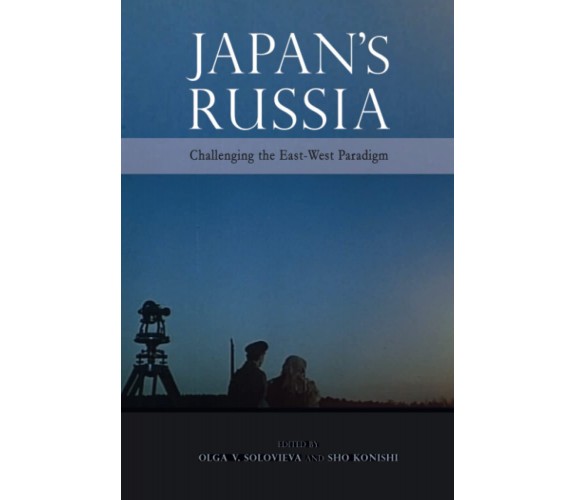Il Tuo Carrello è vuoto
Japan's Russia
Challenging the East-West Paradigm
Copertina flessibile – 21 gennaio 2022
Edizione Inglese di Olga V. Solovieva (Autore), Sho Konishi (a cura di)
Editore: Cambria
ISBN: 9781638570011
The Russian cultural presence in Japan after the Meiji Revolution was immense. Indeed, Japanese cultural negotiations with Russian intellectuals and Russian literature, art, theology and political thought, formed an important basis for modern Japanese transnational intellectual, cultural, literary, and artistic production. And yet, despite the depth and range of “Japan’s Russia,” this historical phenomenon has been markedly neglected in our studies of modern Japanese intellectual life. This absence may be attributed to the fact that “Japan’s Russia” as idea and cultural expression developed outside the logic of Western modernity. There has been an interconnected logic behind this ignorance, a systematic lacuna in our historiography that tied method to historical actors, concept to theory. This volume seeks to depart from this logic in order to identify thoughts and practices that helped produce a dynamic transnational cultural phenomenon that we identify as “Japan’s Russia.” It does so by orchestrating case studies from cutting-edge scholarship originating in multiple disciplines, each with its own methodological and theoretical implications. Japan's Russia contributes to the uprooting of the temporal-spatial order of Western modernity and its territorial utopia. It departs from such habits of thinking to make sense of the magnitude and distinctiveness of Russia-related cultural and intellectual expressions and manifestations in Japan. It offers fresh insights into Japanese-Russian transnational intellectual history, a life that was polyvalent, multidirectional, mutually enabling and constructive, linking Japan with the wider world in alternative ways. Precisely because the global history of modernity has had no way of recognizing such non-imperial encounters, their theoretical implications and historical significance are immense. Indeed, they offer to transform our understanding of modern transnational cultural life at large. By redirecting the flow of transnational cultural production to defy the dichotomies of East and West, civilized and uncivilized, nature and culture/civilization, colonizer and colonized, and associated conceptual vocabularies and approaches, the volume transcends our ways of knowing. By shifting our lens from international to transnational, state to non-state, center to periphery, territorial to non-territorial, imperial to non-imperial, this volume discerns fresh imaginations of the future in the past that have so far been concealed. Japan’s Russia is not just a historical phenomenon, then. “Japan’s Russia,” as it is conceived in this volume, is a methodology of reading cultural production beyond East and West through its diverse medial transmissions and temporal and spatial displacements in a global setting. The circulations of knowledge introduced in this volume were facilitated by unofficial networks, elusive personal encounters, and biographical contingencies of actors on the non-state and even underground level, who often found themselves at odds with the geopolitical schemes of their times.
Scrivi una recensione
Nome:
La tua recensione:
Note: HTML non è tradotto!
Voto: Pessimo Buono
Inserisci il codice mostrato in figura:








